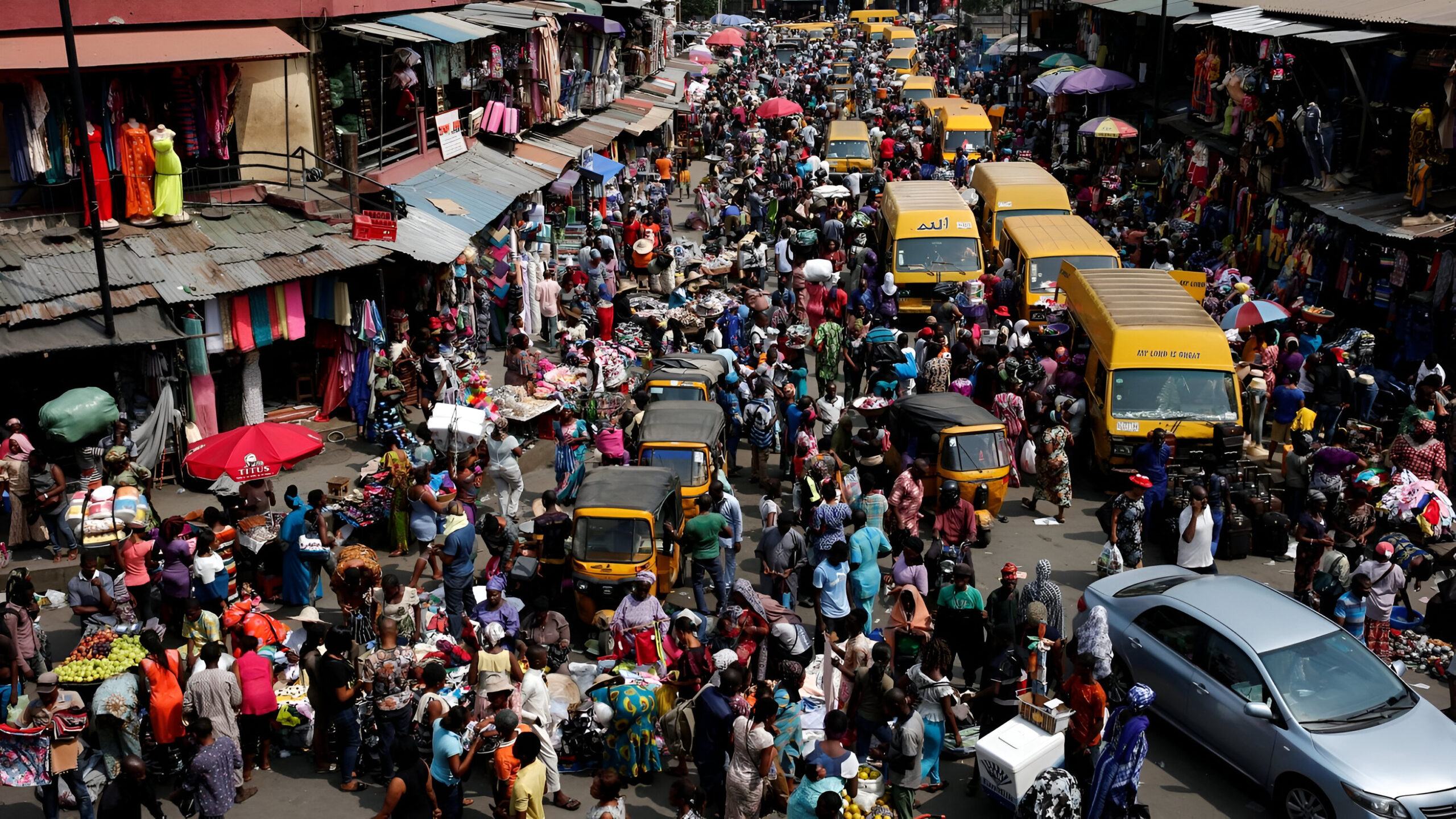President Bola Tinubu said on Wednesday that his administration had recorded 12 “remarkable economic milestones as a result of the implementation of our sound fiscal and monetary policies.”
The Nigerian leader spoke in a nationwide broadcast to mark Nigeria’s 65th Independence Anniversary.
He listed the 12 economic successes to include a trade surplus for five consecutive quarters and an increase in non-oil revenue.
NATIONAL BROADCAST BY HIS EXCELLENCY BOLA AHNED TINUBU, GCFR, PRESIDENT OF THE FEDERAL REPUBLIC OF NIGERIA ON
THE 65TH INDEPENDENCE ANNIVERSARY OF NIGERIA,
OCTOBER 1, 2025
Fellow Nigerians,
Today marks the 65th anniversary of our great nation’s Independence. As we reflect on the significance of this day and our journey of nationhood since October 1, 1960, when our founding fathers accepted the instruments of self-government from colonial rule, let us remember their sacrifice, devotion, and grand dream of a strong, prosperous, and united Nigeria that will lead Africa and be the beacon of light to the rest of the world.
2. Our founding heroes and heroines—Herbert Macaulay, Dr Nnamdi Azikiwe, Sir Abubakar Tafawa Balewa, Chief Obafemi Awolowo, Sir Ahmadu Bello, Margaret Ekpo, Anthony Enahoro, Ladoke Akintola, Michael Okpara, Aminu Kano, Funmilayo Ransome-Kuti, and other nationalists—believed it was Nigeria’s manifest destiny to lead the entire black race as the largest black nation on earth.
3. For decades, the promise of our Independence has been tested by profound social, economic, and political challenges, and we have survived. While we may not have achieved all the lofty dreams of our forebearers, we have not strayed too far from them. In 65 years since our Independence, we have made tremendous progress in economic growth, social cohesion, and physical development. Our economy has experienced significant growth since 1960.
4. Although, it is much easier for those whose vocation is to focus solely on what ought to be, we must recognise and celebrate our significant progress. Nigerians today have access to better education and healthcare than in 1960. At Independence, Nigeria had 120 secondary schools with a student population of about 130,000. Available data indicate that, as of year 2024, there were more than 23,000 secondary schools in our country.
Continue Reading on Premium Times Nigeria
This preview shows approximately 15% of the article. Read the full story on the publisher's website to support quality journalism.
